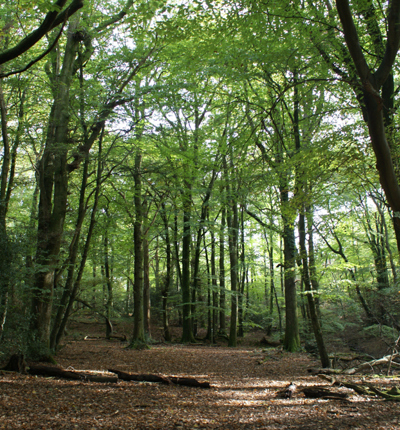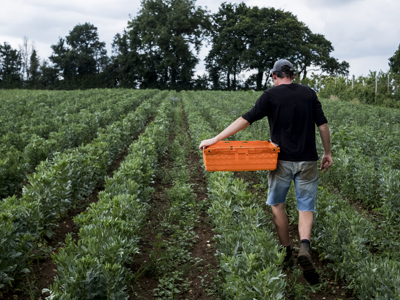
Appeal against government bid to remove legal costs cap taken to Supreme Court
Campaign group Foodrise (formerly Global Feedback Limited) has applied to the Supreme Court over the government’s bid to remove a cap on costs in its legal challenge to UK legislation implementing the free trade agreement with Australia.
Posted on 22 July 2025
Foodrise warns that if the cap is removed, the costs of the legal case would be prohibitively expensive.
The group says this risks there being no judicial scrutiny of the legislation, despite the High Court giving permission to bring the challenge and confirming it was arguable that the government had acted unlawfully, and risks creating a potential cost barrier for future environmental cases.
The costs cap is provided under the Aarhus Convention, which protects access to justice by ensuring environmental legal challenges are affordable. UK rules designed to implement the Convention limit an NGO’s costs liability if the case is unsuccessful to £10,000.
The government is arguing that Foodrise’s claim, challenging the legislation that brought in the 2023 UK-Australia Free Trade Agreement, should not be covered by the cap.
In the claim, Foodrise argues that the trade agreement will negatively impact the environment due to allegedly higher climate impact of meat production in Australia. There are also concerns that it will undercut British producers of beef, lamb, mutton and dairy.
Foodrise says there is a higher emissions intensity and a larger deforestation footprint for meat produced in Australia than in the UK. The group says the government failed to have regard for the UN Framework Convention for Climate Change when signing the trade agreement.
The claim was launched in 2023, with permission to bring the judicial review challenge with an Aarhus costs cap granted in June 2024. However, in July the government filed an appeal against the judge’s decision to grant costs protection, arguing that the cap should not apply to Feedback’s claim.
In May 2025, the Court of Appeal ruled that the claim should not be covered by the Aarhus costs cap. Now, Foodrise is applying for permission to appeal to overturn this ruling in the Supreme Court.
The Aarhus Convention was brought into UK law in 2005 to enable the public to have better access to environmental justice, with the legal costs cap introduced in 2013. Foodrise says that if the decision to remove the cap is upheld, prohibitive costs could limit access to justice for environmental campaigners bringing similar cases like this.
Carina Millstone, executive director at Foodrise, said:
“Our fears about Australian meat and dairy flooding into the UK have predictably come to pass, with British farmers, the environment and climate paying the cost of this catastrophic, unscrutinised trade deal. That’s why we have no choice but to take our appeal to the Supreme Court in the hope of retaining the cost cap on our legal fees and ensure proper environmental scrutiny of both this and future trade deals. We’re in a climate emergency and it’s high time we start putting people and planet over profit.”
Leigh Day solicitor Rowan Smith, who represents Foodrise, said:
“The Aarhus costs cap is vital for ensuring that NGOs like Foodrise are able to challenge the government hold it to account over its laws and commitments to the environment. Our client fears that the Court of Appeal ruling in the government’s favour limits the scope of the cap applying in future cases and, as a result, unlawfully constrains access to environmental justice. In the face of these potential consequences, they are now applying to go to the Supreme Court to argue their case.”

Legal challenge over regulation of genetically modified organisms
Environmental advocacy group Beyond GM has begun legal action against the UK government, challenging new regulations that it believes will allow certain genetically modified organisms (GMOs) to enter the food system and environment without safety testing, labelling or traceability.



